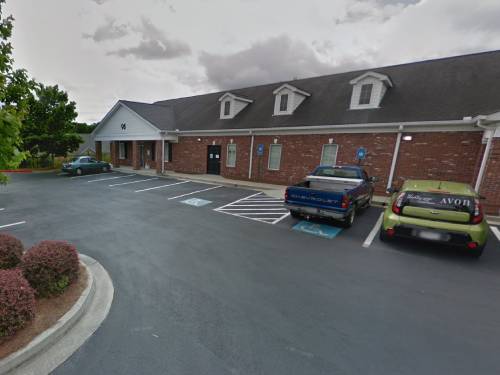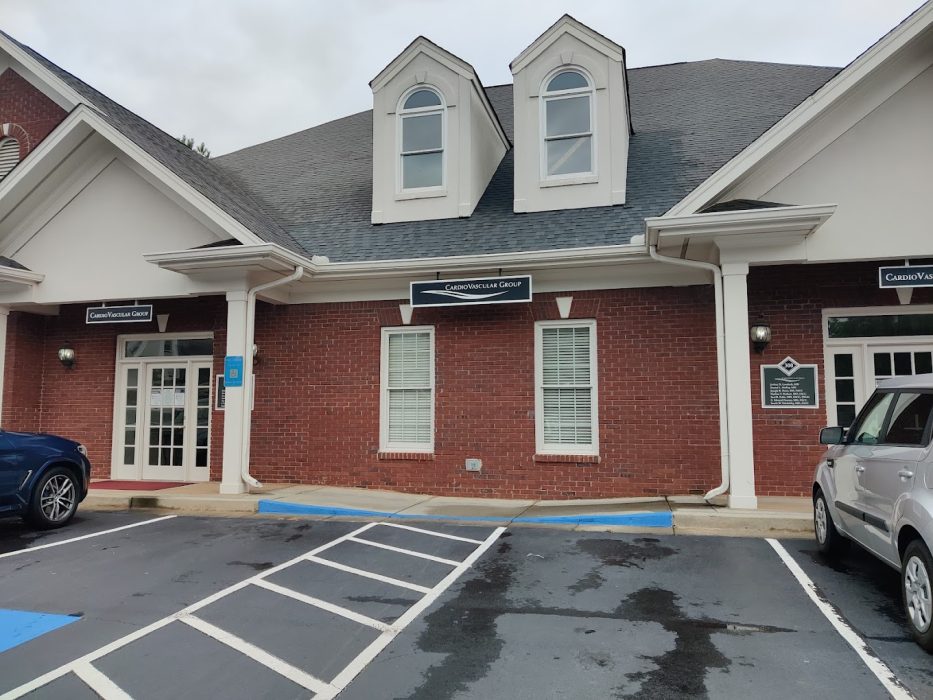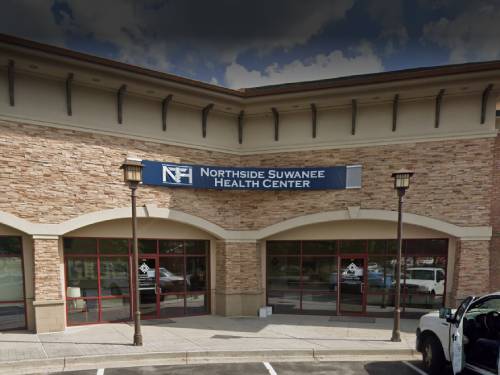Heart Flutters
Lorem ipsum dolor sit amet, consectetur adipiscing elit.

What Heart Flutters Can Mean
Types Of Atrial Flutter
There are two types of heart flutters which differentiate between whether it is chronic or acute. Paroxysmal atrial flutter means that the condition comes and goes, with an episode typically lasting between hours and days. On the other hand, persistent atrial flutter is a chronic heart condition that is more or less permanent.
Atrial flutter can commonly be confused with atrial fibrillation (AFib), although these are two distinct conditions. However, they are closely related as they are both types of arrhythmias. About one-third of people with AFib also experience heart flutters.
During atrial flutter, the electrical impulses in the heart do not travel in a straight line from top to bottom. Instead, they move in a circle inside the upper chambers. This means that even though the heart is beating too fast, it still has a steady rhythm.
In atrial fibrillation, the electrical signals travel in a pattern that is both fast and disorderly, which causes the atria to quiver instead of squeezing strongly. This causes the heart to beat too quickly, just as with atrial flutter, yet the difference is this heartbeat does not follow a steady rhythm.
Risk Factors For Atrial Flutter
Causes Of Atrial Flutter
In some cases, there is no identifiable cause for heart flutters, but typically it is due to heart disease or diseases elsewhere in the body that can affect the heart. Some of the heart diseases that may lead to atrial flutter include hypertension, ischemia, cardiomyopathy, abnormal heart valves, and hypertrophy. It may also be caused due to recovery from open heart surgery.
Diseases elsewhere in the body that may affect your heart can include hyperthyroidism, pulmonary embolism, or chronic obstructive pulmonary disease (COPD). Besides these diseases, heart flutters can also be linked to substance use, such as alcohol consumption or use of stimulants such as cocaine, amphetamines, diet pills, cold medicine, and even caffeine.
Diagnosing Atrial Flutter
If you believe you have atrial flutter, make an appointment with your doctor. The first thing your doctor will do is discuss your symptoms with you to determine if other diseases may be causing the flutters. If your doctor suspects another condition, there are a variety of tests that can be conducted. These tests will also help discover what type of arrhythmia you are experiencing.
Your doctor may order an electrocardiogram (EKG), echocardiogram, or blood tests. If your symptoms are not persistent, your doctor may ask you to wear a holter monitor or event recorder for a few days, as these record your heart and will track your symptoms whenever the arrhythmias occur. Once the type of arrhythmia and the condition causing the atrial flutter have been discovered, your doctor will decide your treatment plan based on these factors.
Treatment For Atrial Flutter
You may be prescribed heart rate medications to slow your rapid heartbeat and help the heart muscle pump blood more effectively. These medications can include digoxin, beta blockers, and calcium channel blockers. Heart rhythm medications may also be used for treatment, such as sodium channel blockers to slow your heart’s ability to conduct electricity, potassium channel blockers to slow the electrical signals, or anticoagulants to prevent blood clots.
Other than medications, your doctor can also perform procedures such as electrical cardio version or a specific form of catheter ablation known as radio frequency ablation.
Symptoms Of Atrial Flutter
Why Choose CVG?
Related Conditions:
- Causes And Treatment For Heart Arrhythmia
- Causes And Treatment Of Pulmonary Stenosis
- Expert Insights on Cardiac Catheterization
- Expert Insights on Low Blood Pressure
- Exploring the Latest Advances in Atrial Fibrillation Treatment
- Dangerously high cholesterol?
- Get Your Blood Pressure Test Today!
- Understanding Electrical Cardioversion
- What Are ACE Inhibitors Used For?
- What foods are high in cholesterol?
- What Heart Flutters Can Mean
- What is Heart Failure & How to Treat it?
- What Is The Success Rate Of The Watchman Procedure?
Top Conditions:
- How long can someone live with an enlarged heart?
- Pros and Cons of the Watchman Device
- Risks and Complications of Cardiac Catheterization
- Side Effects Of The Watchman Device
- The Benefits of Cardiac Catheterization
- The Dangers Of High Blood Pressure
- The Dangers Of High Cholesterol
- The Watchman Implant Procedure
- Tips To Lower High Cholesterol
- Understanding Cardiac Catheterization
Call to Schedule an Appointment
Board-certified Doctors
CVG’s twenty board-certified heart doctors will guide you through your healthcare journey with the utmost compassion and individual attention. We aim to provide you with state-of-the-art cardiac care that includes the full spectrum of services, from testing to diagnosis and treatment. The doctor/patient relationship is built on trust. Through our combined efforts, we can conquer any challenge that comes our way.
Invasive therapies may also treat an abnormal heart rhythm, such as electrical cardioversion, which sends electrical impulses through your chest wall and allows normal heart rhythm to restart, or catheter ablation that disconnects the abnormal rhythm’s pathway. Suppose your doctor determines that electrical devices are the best course of action. In that case, you may be given a permanent pacemaker, an implantable cardioverter-defibrillator (ICD), or biventricular (B-V) pacemakers and defibrillators.
How CVG Can Help
CVG offers multiple services that can discover an enlarged heart or conditions that will lead to it. At CVG, we perform stress tests that will observe blood flow and test for various forms of heart disease. There are three types of stress tests that we perform:
- A treadmill test is a test in which you will walk on a treadmill that gets faster and steeper every 3 minutes. This will stress your heart so that our nurse or doctor can determine your heart rate and blood pressure.
- An echo test is performed before and after your treadmill test to determine how well your heart pumps blood.
- A nuclear stress test is a treadmill test that is prefaced by an injection of medicine that shows the flow of blood to your heart.
We also offer cardiac catheterization to diagnose and treat several heart issues. If any of these tests determine a problem, we offer treatment solutions such as atrial fibrillation testing and catheter ablation. Learn more about our services here, or schedule an appointment to talk to our doctors.
Schedule Your Appointment with a CVG Atlanta Area Cardiologist
Expertise, experience, and compassion are the pillars of CVG’s patient-centered cardiac care. Please schedule your appointment with CVG today. Call (770) 962-0399 or 678-582-8586. You may also request an appointment online. If you have an emergency, don’t contact us online; please call 911.
Locations That Treat Heart Flutters












